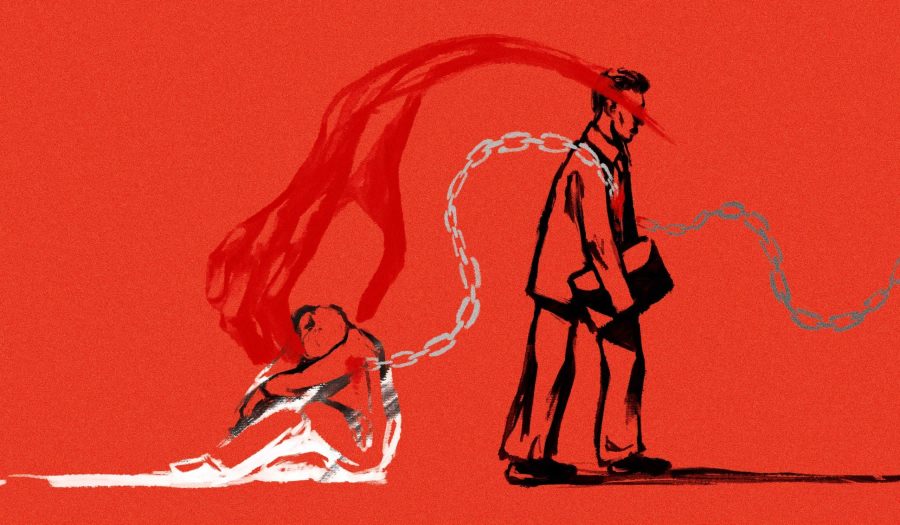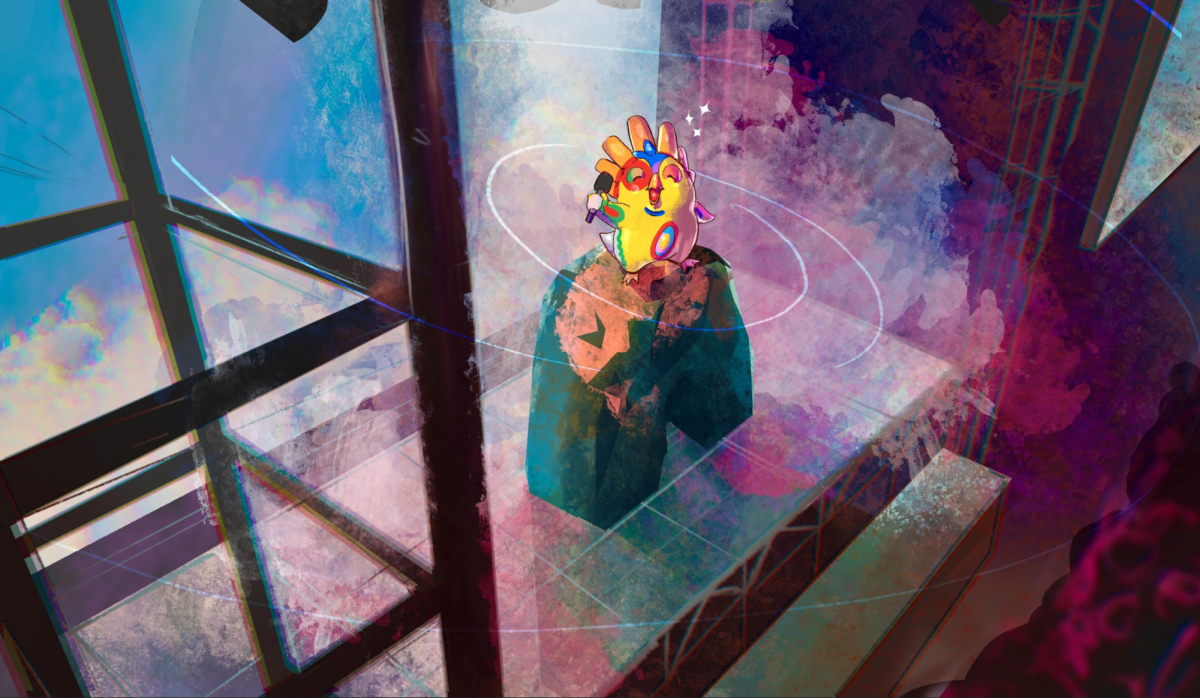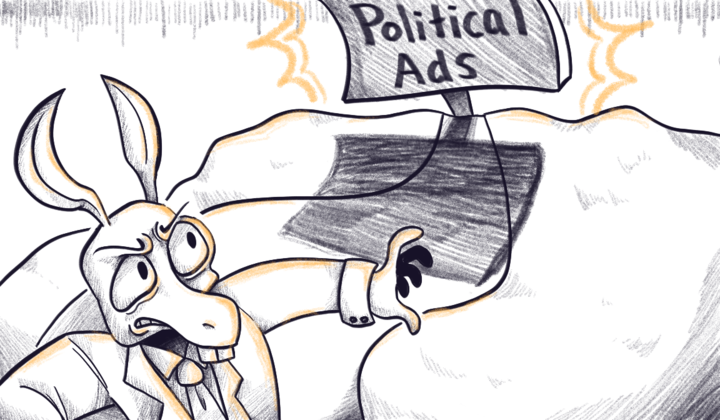Intergenerational trauma, which can also be referred to as trans- or multigenerational trauma, is defined as “trauma that gets passed down from those who directly experience an incident to subsequent generations.” Intergenerational trauma may begin with a traumatic event affecting an individual or traumatic events affecting larger groups of people, from families to racial groups. Left alone, this cycle of trauma continues. In order to become better parents for the next generation, we must first understand our trauma, heal from it, and cultivate a parenting style that implements the change necessary to break that cycle.
Trauma is more than just experiencing life-threatening situations. It can form from smaller-scale incidents and can exist without being noticed. Whether it’s constantly being criticized as a child or growing up in a home unaccepting of one’s identity, trauma can form — no matter the parents’ intentions.
For example, individuals who experienced the effects of war from a young age may become emotionally distant as a coping mechanism. Therefore, when this individual is emotionally distant with their family, that relationship may cause issues for those on the receiving end.
Parents do not try to traumatize their children. However, regardless of intention, parents also do not decide what is traumatizing for their children.
The ways in which family members cope with their own trauma can set precedence for younger generations. Refusing to examine one’s trauma may be teaching children to ignore the impact of their trauma.
Unfortunately, unhealthy coping mechanisms can be passed down as well, not genetically, but behaviorally. A study by Frontier of Psychology concluded that “mothers with unresolved trauma had insecure attachment themselves and were more likely to have infants with insecure attachment.”
Other examples of intergenerational trauma include instances of physical punishment, such as being hit as a child, as well as internalizing social fear passed down by the parent’s view of the world.
The way we cope with adversity, the way we react in the face of rejection, and the way we interact with different types of people, can be affected by intergenerational trauma. As college students, it is imperative to acknowledge whatever trauma we may have experienced, whether it’s intergenerational or not. We are finally old enough to recognize our trauma and begin to heal from it. When we are ready to have children of our own, we need to break the cycle of trauma.
We’ve all been on the receiving end of someone who hasn’t fully recovered or processed from their trauma, and not only can it be frustrating but it can also cause turmoil for yourself. Don’t let trauma manifest into something that starts to affect the people around us. Taking the steps to stop intergenerational trauma from compounding not only protects our future children, but also incentivizes us to take the next step in developing better mental health habits.
Admittedly, mental health hasn’t been a priority until relatively recently. There are certain generational barriers that both explain and perpetuate trauma, especially on a cultural level where certain behaviors and parenting techniques were normalized and widely accepted. While this generational gap may seem impossible to explain to our parents, we should not allow it to halt any healing that we may need.
Especially as a generation who was raised by immigrants, at first it may seem ungrateful to label “tough love” as trauma. However, trauma can still develop and we owe it to the next generation to address it instead of risking the chance of continuing the cycle.
For many in strained relationships with parental figures in their lives, resentment comes easier than forgiveness. This is an appropriate response, but in order to fully overcome trauma, there comes a time during the healing processes in which we let go of the resentment, as keeping it around harbors unresolved anger.
Whether it’s going to therapy, acknowledging and understanding your toxic behaviors, or finding closure for unresolved issues, healing can take many forms. There is no rush or timeline for the healing process, but it’s important to start and make the effort to be prepared to raise and support the next generation.
This is not to say that everyone is a victim of intergenerational trauma. However, as potential future parents, it’s the wisest choice to acknowledge whatever trauma we may have, intergenerational or not, before we become responsible for a whole generation.
Art by Angela Liang for UCSD Guardian.
















David S Dooley • Nov 17, 2021 at 8:41 am
The nonprofit, Advancing Parenting, would like to share a rather unusual and free resource for promoting positive childhood experiences and preventing adverse childhood experiences.
Parenting Norms Bumper Stickers
Advancing Parenting makes them available at no cost to schools, organizations, agencies, and businesses. There are fifty-two in a set and each sticker communicates a parenting behavior or practice generally recognized as supporting the healthy development of children. Just one will be read thousands of times!
Bumper stickers are a unique and powerful way for friends, family, and community members to share parenting wisdom. At stoplights drivers and passengers point, smile, and nod. Conversations begin and often a phone is used to take a photo of the sticker right at the stoplight. Presumably, they are being shared on social media. It’s wonderful to see!
Sets of the stickers can be given away at events and/or put in holders and placed on counters so folks can select one for their cars. Visit http://www.advancingparenting.org to request this free resource and be placed on our waiting list. Please share.